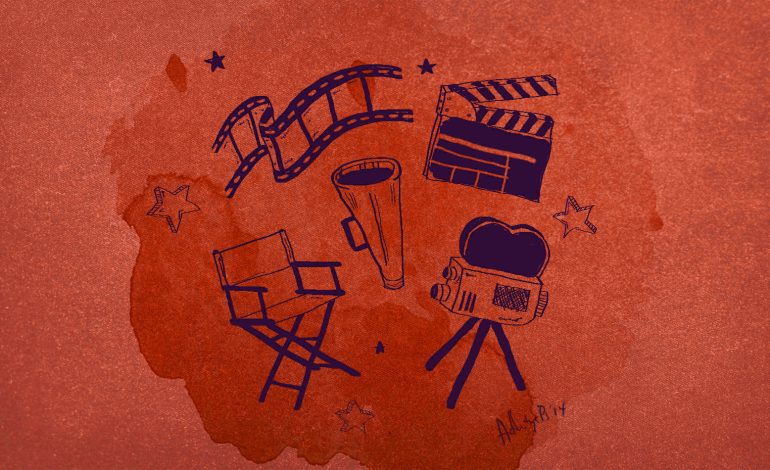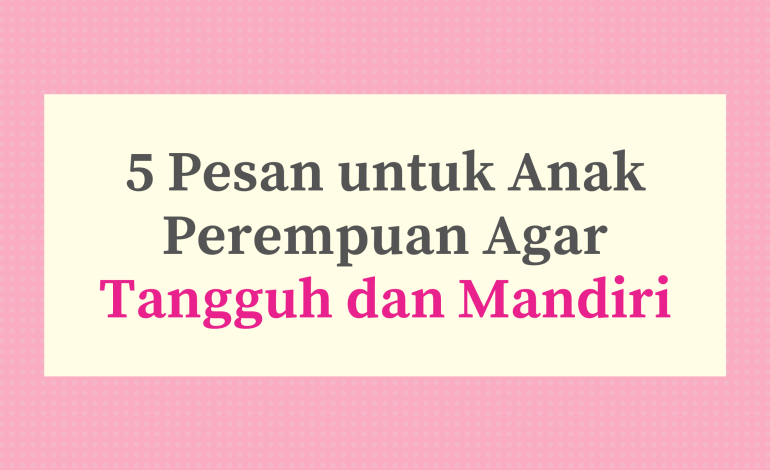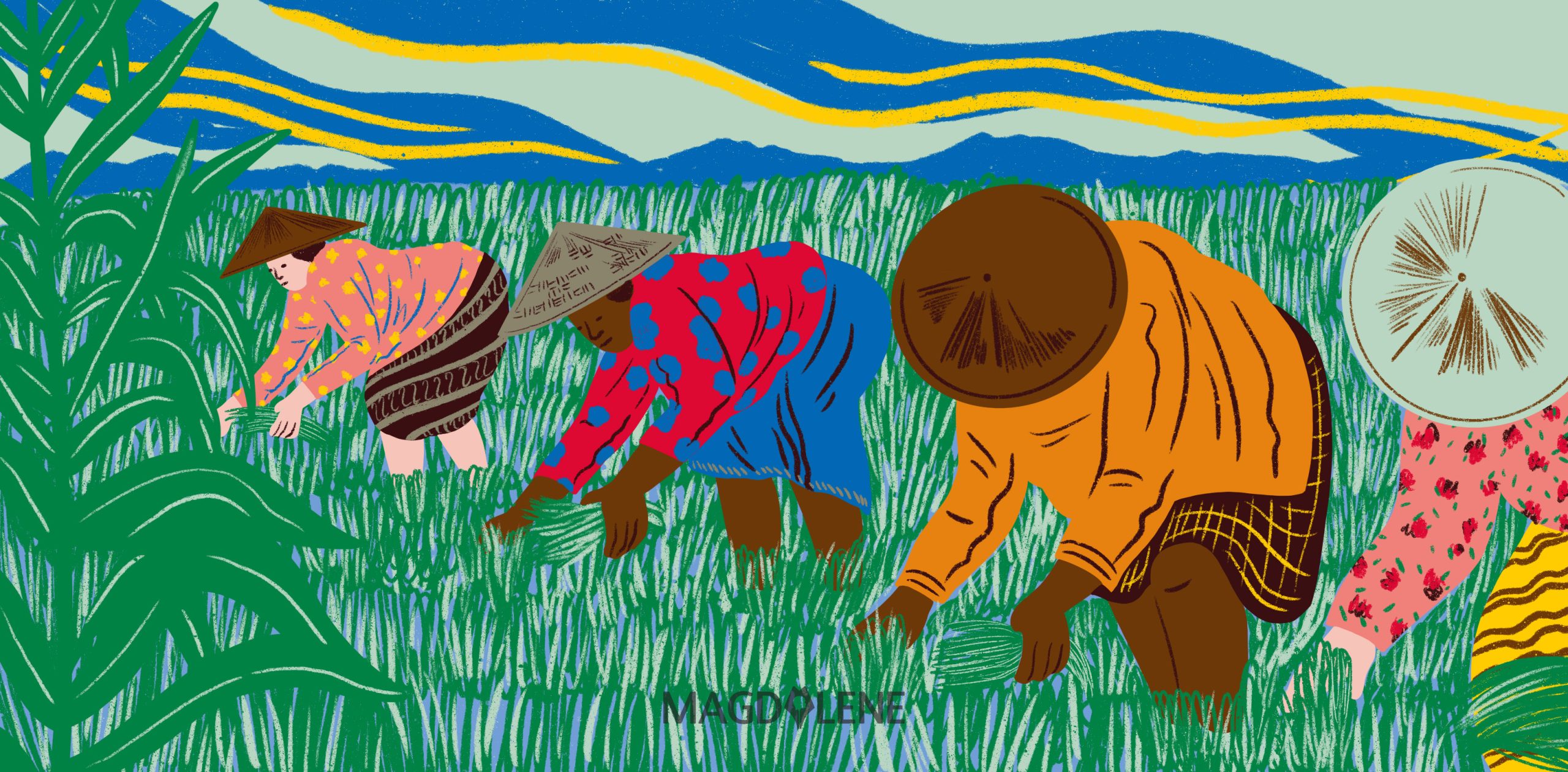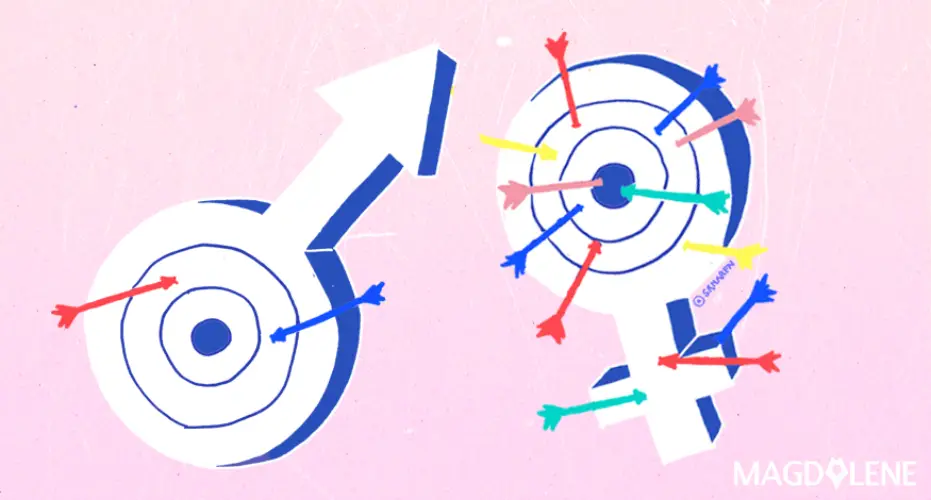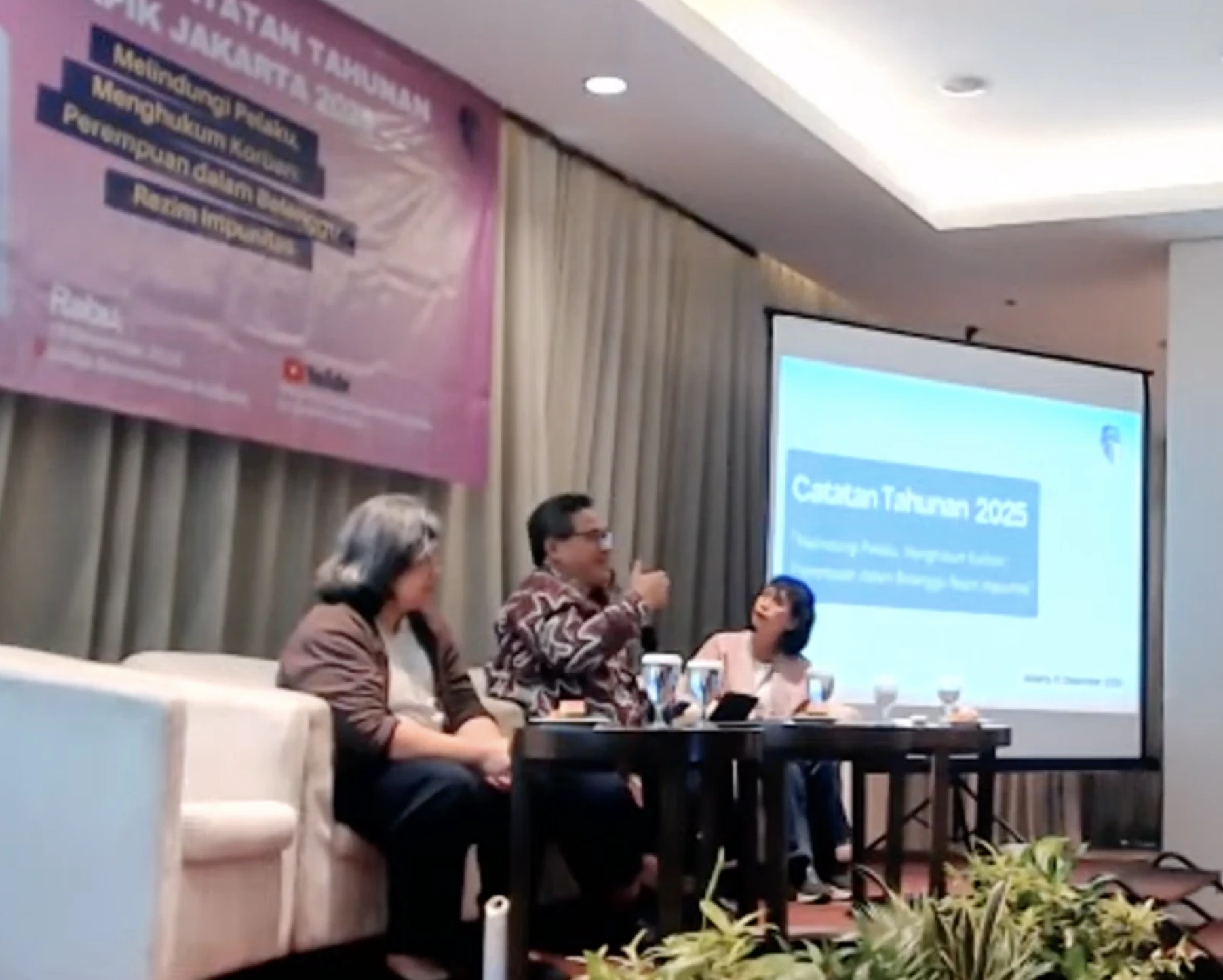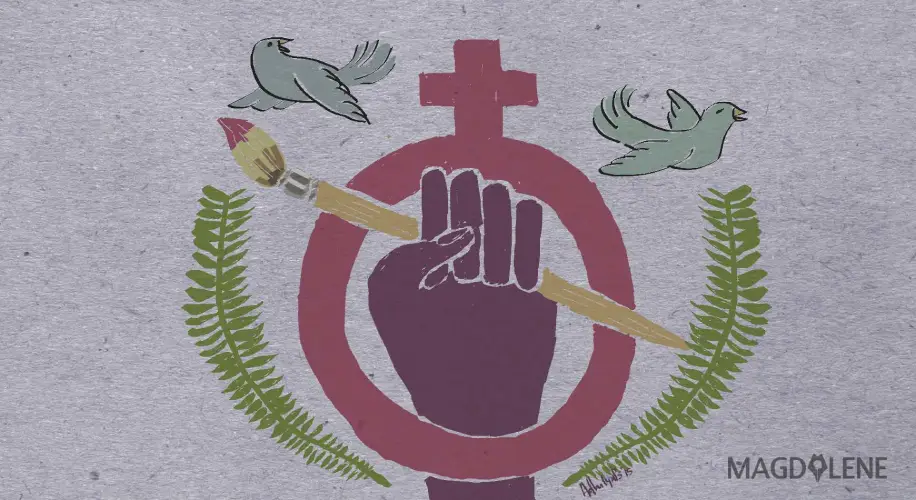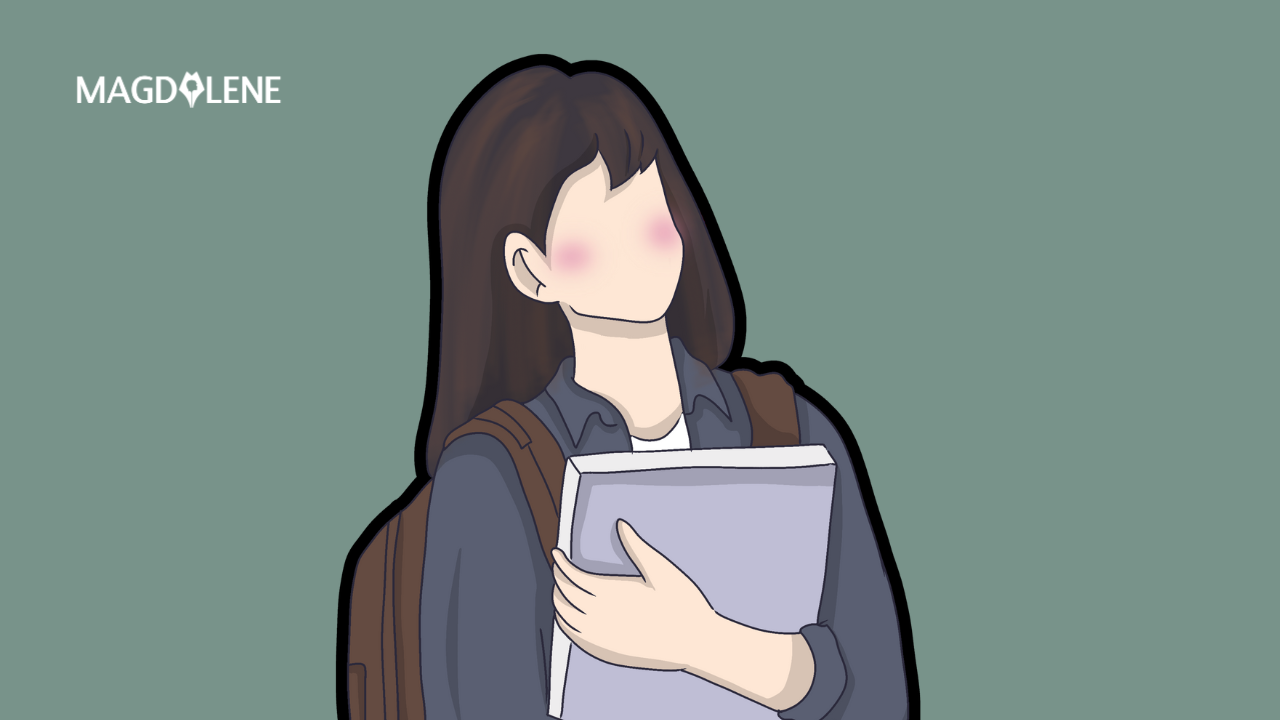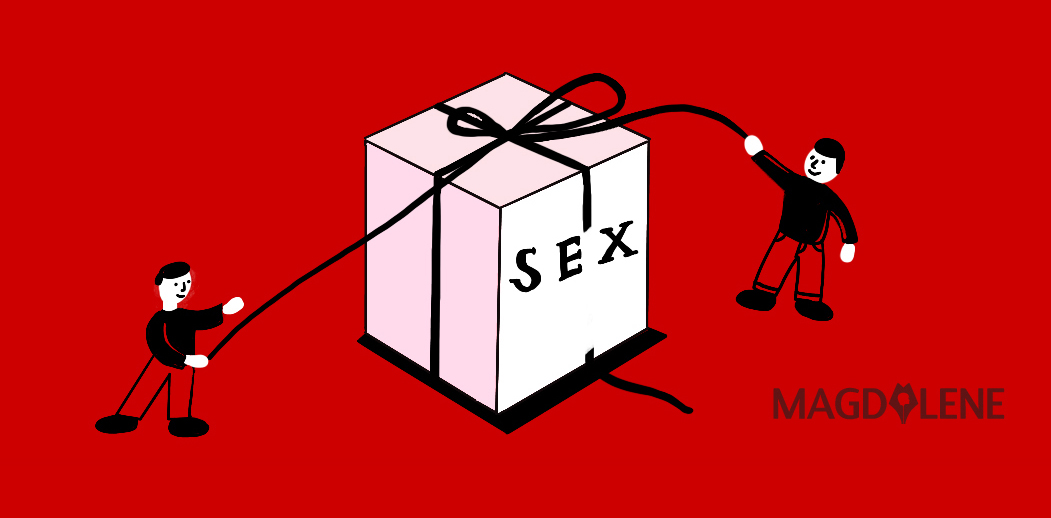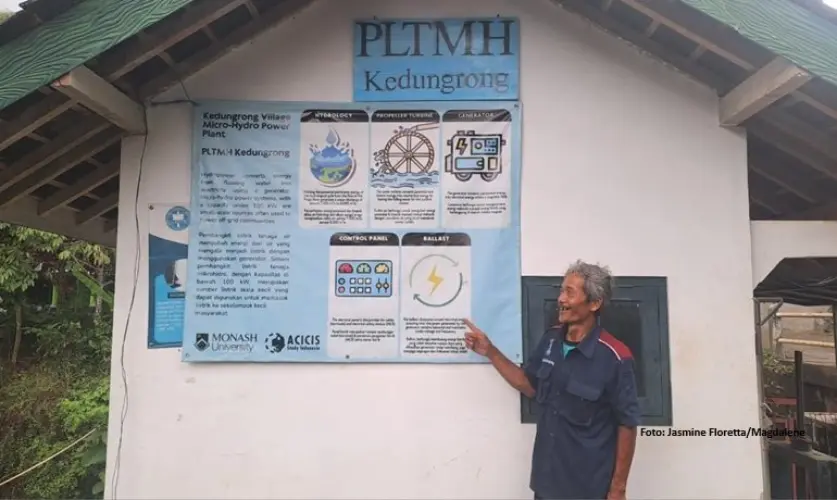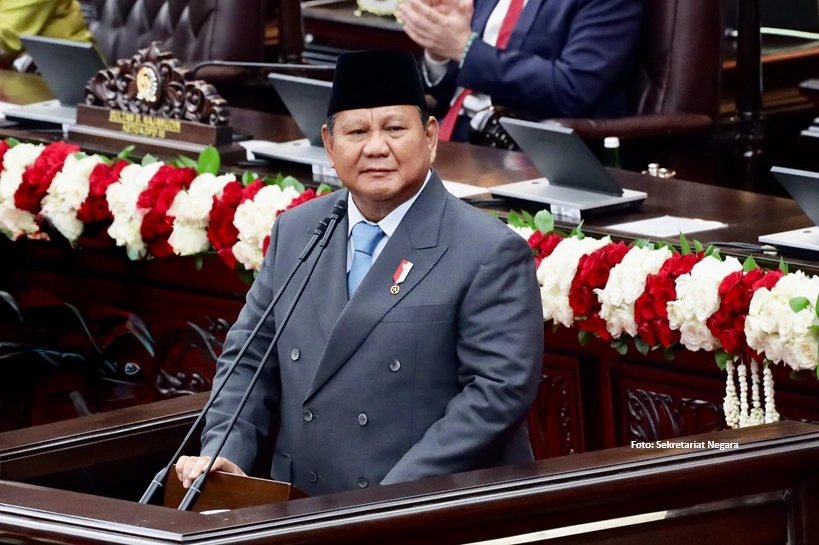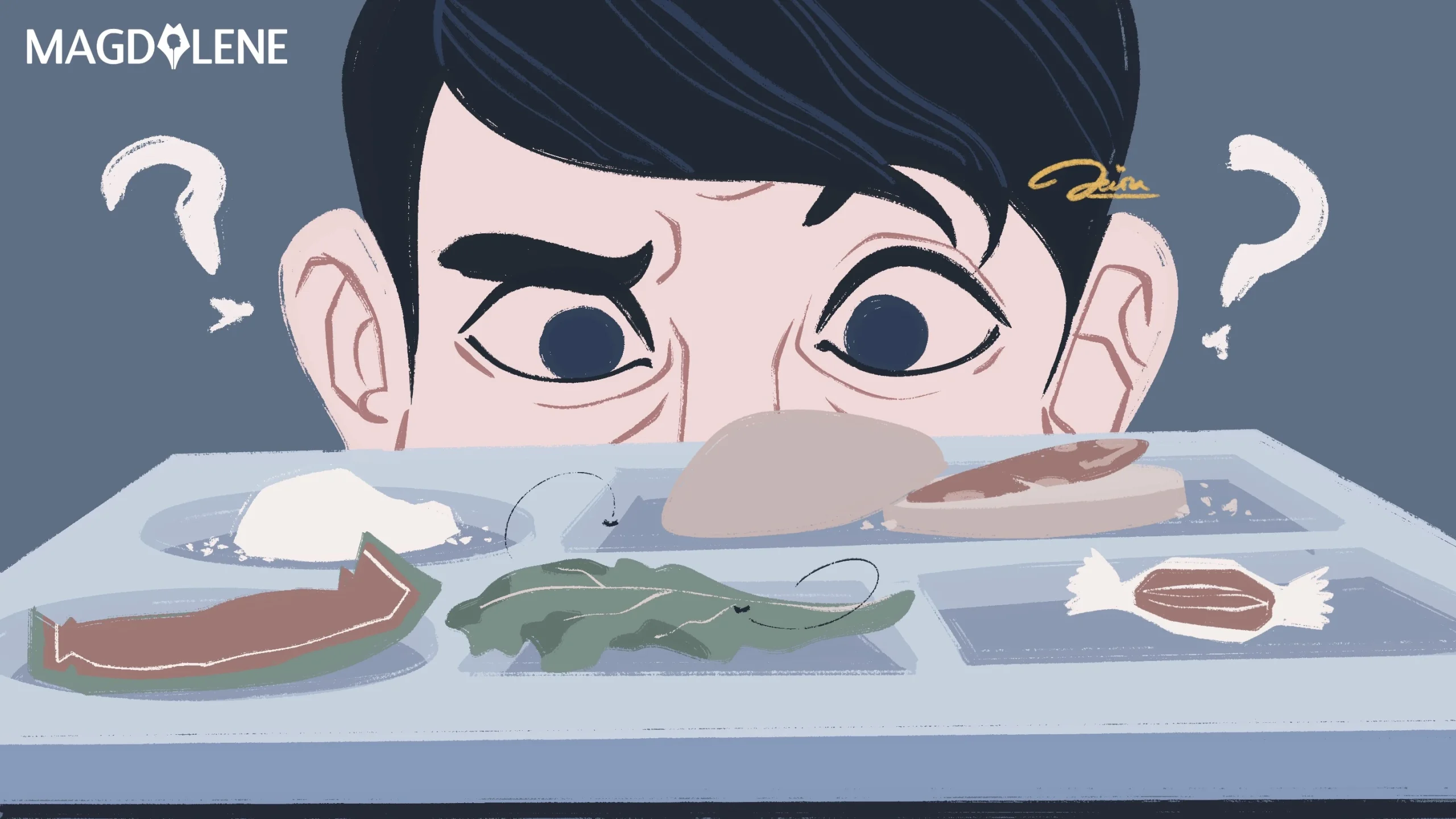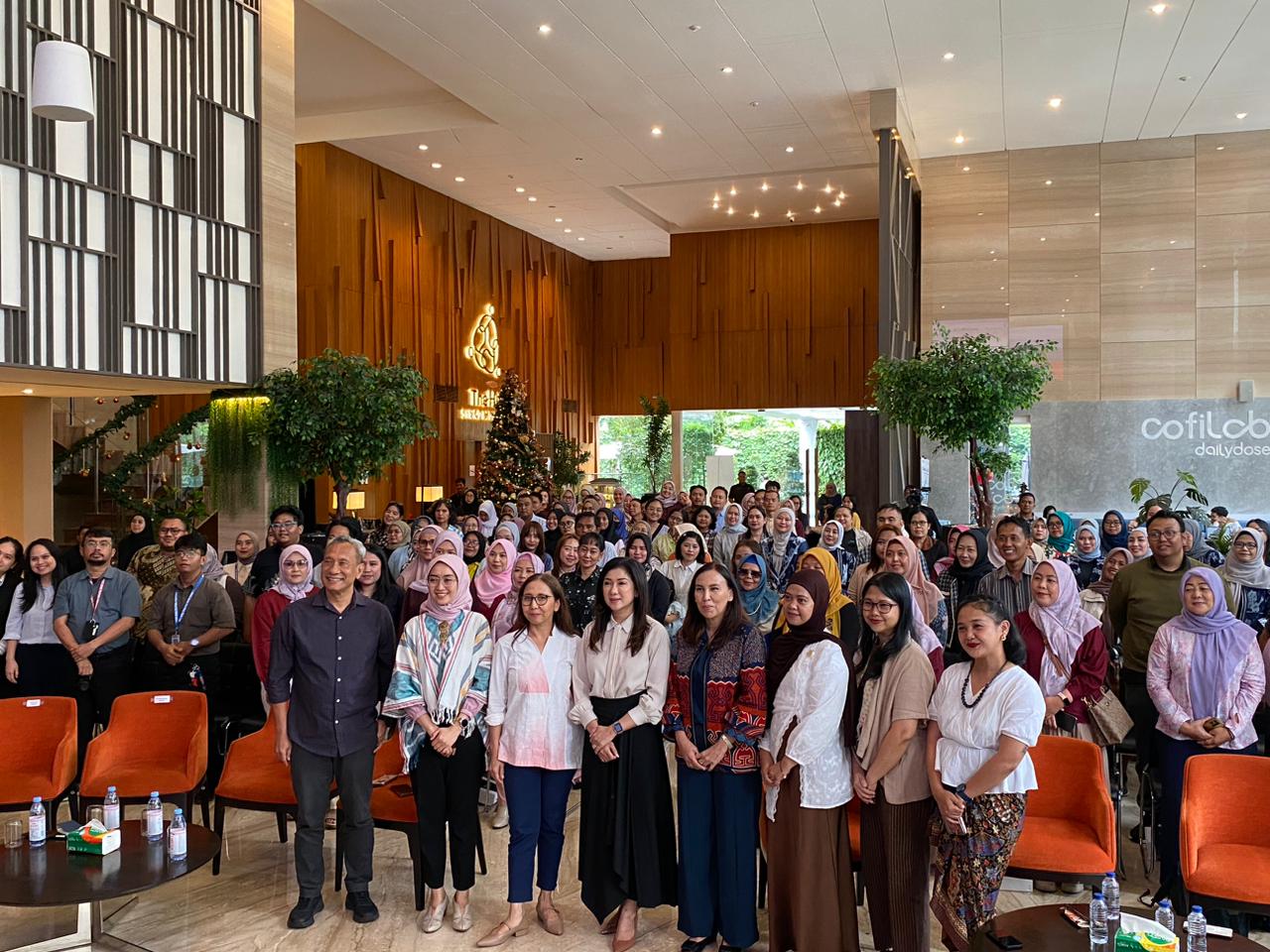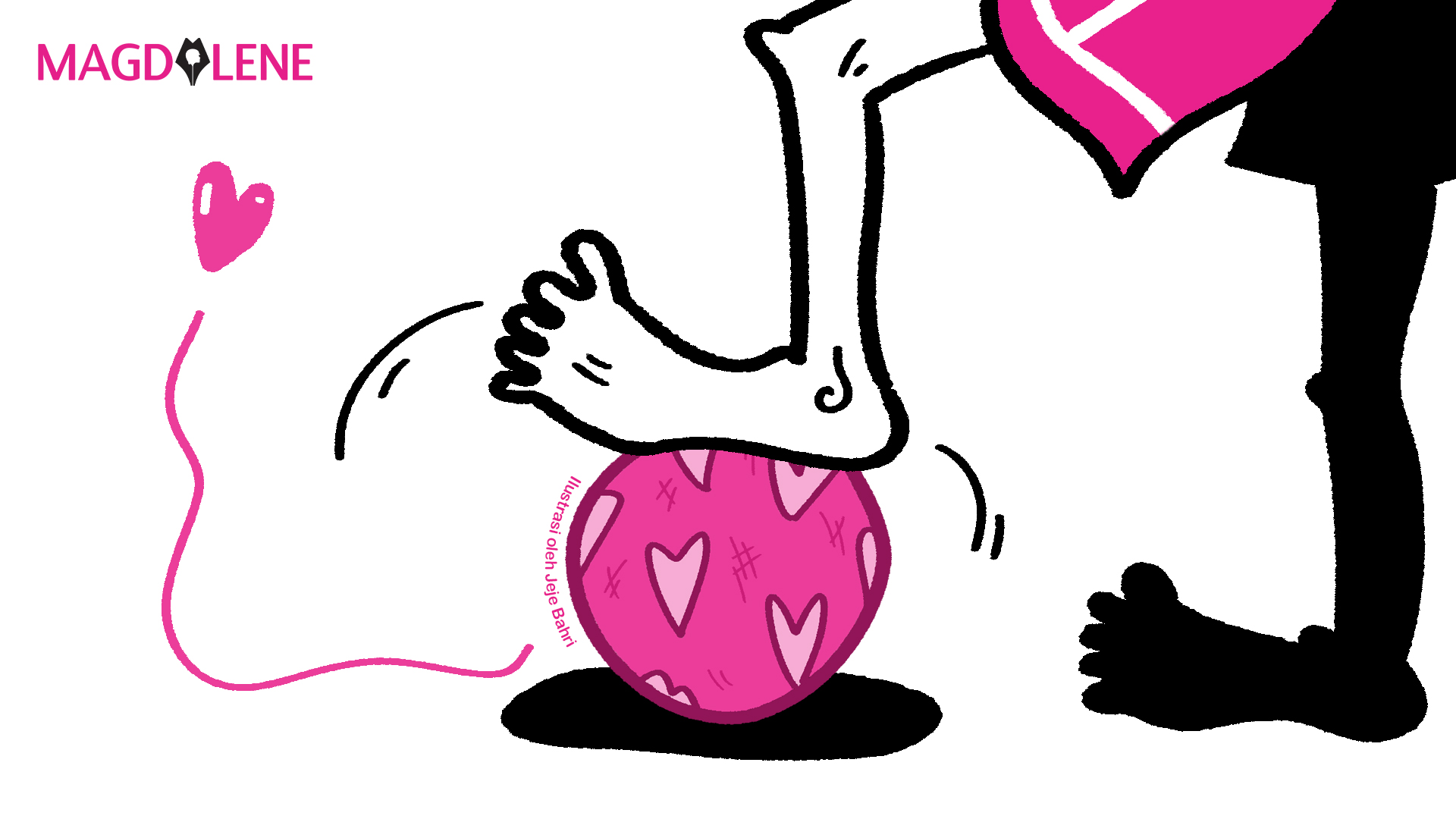The Cure for Everything
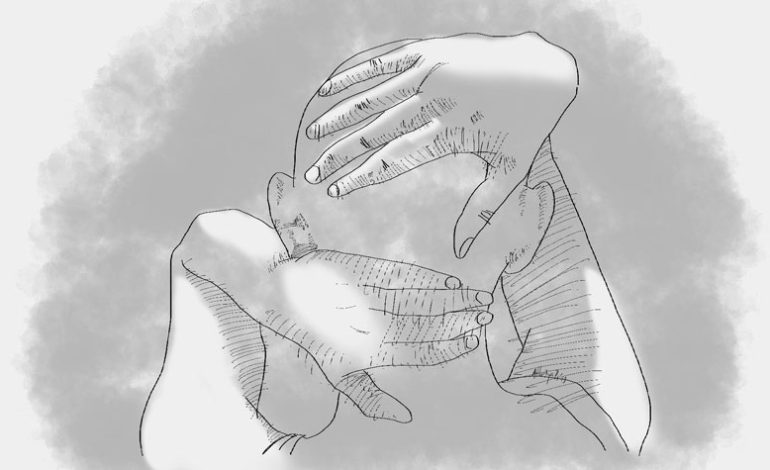
This disease has cured me of many things, the man thinks as he downs his nightly pills.
He puts the pill cases back on the night stand. Next to it, the clock on his phone blinks to 10:01 PM.
Usually, this time of day, he would be reaching for his cigarette case instead of the pills. A quiet night cap by the open window.
But that was B. D.
Before Disease.
Every time he tried to break the rules and stole a drag, his throat burns, and so he is more than happy to burn all bridges.
That’s one thing the Disease has cured him of.
He grabs his phone and unlocks it. He was thinking of checking the news, or maybe taking a peek at his social media feed, but his finger accidentally clicks the front camera open. He stares into his own eyes, examining his own face. His sunken cheeks and what is left of his hair.
He never sees himself as a particularly vain man. But, before he left the house every morning, when he was still working, he used to like spending time in front of the mirror, scanning for a grey streak, or a rogue nose hair, or a dangling loose thread on his shirt.
He used to carefully curate every picture of himself he would upload to his social media. He’d make sure the lighting was flattering, the mood fitting, and the background complementing.
But, again, that was B. D.
Now, he doesn’t care anymore. He’s just happy to be alive.
He snaps a selfie, and uploads it right away to his Instagram. No filter.
He doesn’t care what he looks like. Or what the people in the Comments section will say what he looks like. He just wants to let everybody know he’s still here, and still fighting.
Vanity. Another thing the Disease has cured him of.
The man adjusts his pillow and sits up on his bed. He listens to the faint buzz of the television in the living room downstairs, the mental image of his wife and kids, and the family dog, snuggled up on the couch flickering in his head like a home video. What is their latest Netflix fad, he wonders.
“You sure you don’t want to join us? I could bring your favorite blanket down, set up a cozy pad on the couch,” his wife said earlier.
The man shook his head. He was feeling a little too weak but didn’t want to tell her that. He made up some excuse, saying he felt like having a quiet time in the bedroom tonight, so you guys have fun.
His wife and kids were there the day he was diagnosed, and it has never ceased to amaze him that they are still here after what he has put them through.
The physical and emotional toll from the Disease has caused him to hurt many, many people. But, naturally, like a small, malicious grenade, the first ones to receive the blow were the ones closest to him.
He never sees his wife cry, though. Not even once. She is always smiling.
See, this is the thing. The Disease has shifted his role from husband and father to a member of the audience. His wife and kids became these actors, and the smiles their characters.
He is always wondering where the backstage area might be. Maybe in the bathroom, in the dead of night, where his wife sheds a tear or two. Or behind his kids’ phone screen, where they are venting out to their friends, or followers, in some kind of a tweet rage, or whatever they are calling it these days.
He has always been a good audience member. And, like most people in the audience, he has always wanted to go backstage, and meet the real actors, out of character.
“You okay? Need anything?” his wife appears at the door. That same old smile.
The man nods and shakes his head. I’m fine.
She does that from time to time. Her way of making sure he is still there. Perhaps, it is also her way of making him sure that she is still here.
It’s funny how it takes a disease for him to notice small things like this. He feels that he has spent most of his life thinking too big and seeing too little.
Before Disease, the man was never sure this was the life he wanted.
He always felt he was one of those people who kept making the wrong turn in life. He always thought he was headed for somewhere big, with bigger dreams in his backpack. Before he got very far, though, he kept stumbling into dead ends and road signs that turned him to other directions. And before he knew it, his backpack got smaller and smaller, and finally shrunk into a compact briefcase, just the right size for a 9-to-5 job.
Also read: What Good Would It Do Anyway?
But at least he fell in love, he’d tell himself. He met his wife in one of those work functions that came with the job he hated. He got married and moved into the suburbs, into a house that looked just like every other house in the neighborhood, but one that, at least, was big enough for the two kids and the dog he would then have.
For a while, he thought this was enough.
But as his life got smaller, his mind continued to inflate. The big backpack never really turned into a briefcase. It was merely stored at the far back of his closet, out of sight but never completely disappeared. In it, his dreams had turned into a handful of “what ifs” and “could’ve beens.” Like most living things kept in the dark for too long, devoid of air and sunlight, they decomposed and turned toxic.
Slowly, he began to resent his family.
Having failed to find anything to blame other than himself, he turned to those closest to him. He saw his family as his proverbial ball and chain, holding him at bay and keeping him from going after what he really wanted in life.
He was always bitter every time he scrolled down his social media timeline, consumed by envy toward his friends. The globetrotters. The over-achievers. The award-snatchers. The adventurous. The successful. The happy.
And then, the Disease came.
At first, he thought things would go spiraling down. That he would hate himself more, hate his family more, hate life more. That the Disease was the cherry on top of all the unfairness life had served him.
At first, that is exactly what happened. His bitterness turned to contempt, even rage. The resentment toward his family, which he had been keeping inside him all this time, finally found its way out.
After every episode, he would regret everything. There was nothing worse than seeing her wife’s smile falter, or the confusion on his kids’ faces. He’d pray the Disease would just take his life and get it over with. But, like the road signs that turned him to unplanned directions earlier in his life, the Disease blindsided him.
Seeing how his family weathered through it like they did, he began to see things he failed to see before. He began to look at things in completely different ways. At life, at his family, at himself. He discovered that, together, they are bigger than the Disease.
Once he accepted that, the Disease cured him of his vices. One by one.
He no longer fears death. How can you fear something that has always been so near, watching you patiently at the corner of your room?
He no longer feels the pang of bitterness when he’s scrolling through his friend’s fabulous travel pictures on their social media. How can you be envious of something you can’t physically do, anyway? He feels grateful just to be here, in his bedroom, with the faint buzz of the TV and the occasional giggling from his wife and kids in the living room.
He no longer blames his family for everything he is not and didn’t come to be. He just wants to be with them a little longer.
“Dad? You awake?” his bedroom door creaks open and his two kids tip-toe in, his wife and the dog trailing behind them.
Four smiles turn to five.
“You want to hear about this new show we just watched?” all four of them climb into bed and snuggle up against him.
His eldest began to ramble about her new binging obsession, with his youngest filling in every sentence, his dog punctuating everything with a little yap, and his wife never breaking out of character.
This, the man thinks, is enough.
“It’s late. Off to bed now,” his wife shoos everybody off the bed and ushers them to their rooms.
At the door, they turn to him and give him the sincerest smiles he has ever seen. They are not in character at all. This is just them.
“Love you, Dad.”
“Love you, Dad.”
“I’ll be right back, honey.”
“Woof.”
They all disappear into the hall, leaving the man alone, looking wistfully into space.
This was a good night, he muses. He doesn’t know how many more nights like this he will have, but he will take whatever number given to him.
He turns off his night light and finds a comfortable position, thinking about what else the Disease has cured him of, counting them like sheep.
One day, the Disease will take him away, and he will finally be cured of Life.
The man smiles and closes his eyes, preparing for a long, good night’s sleep.

